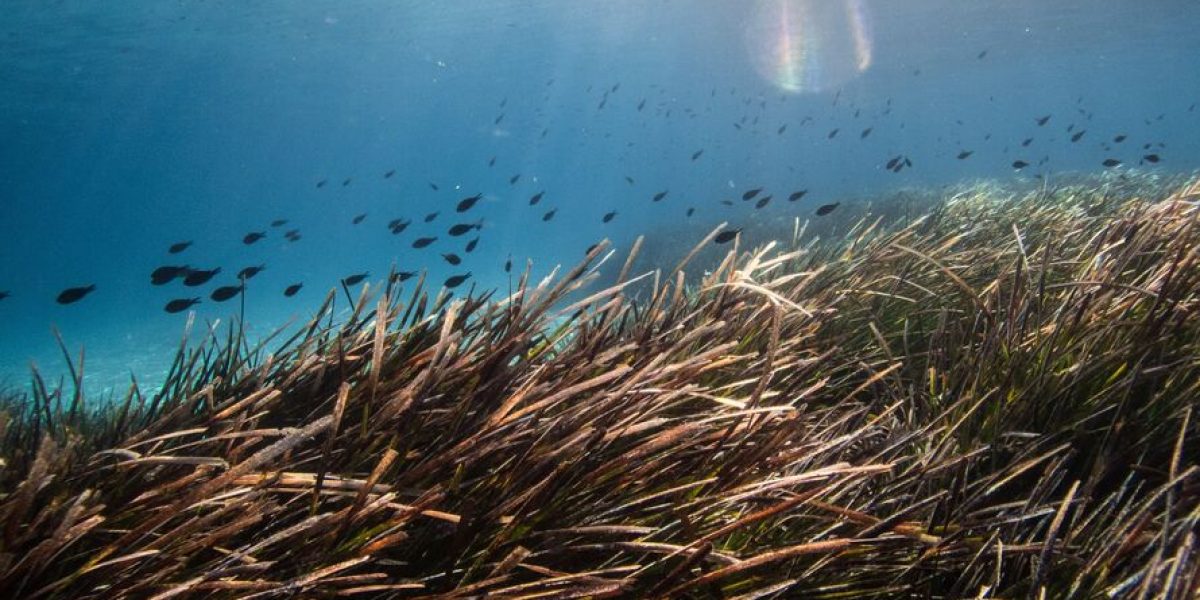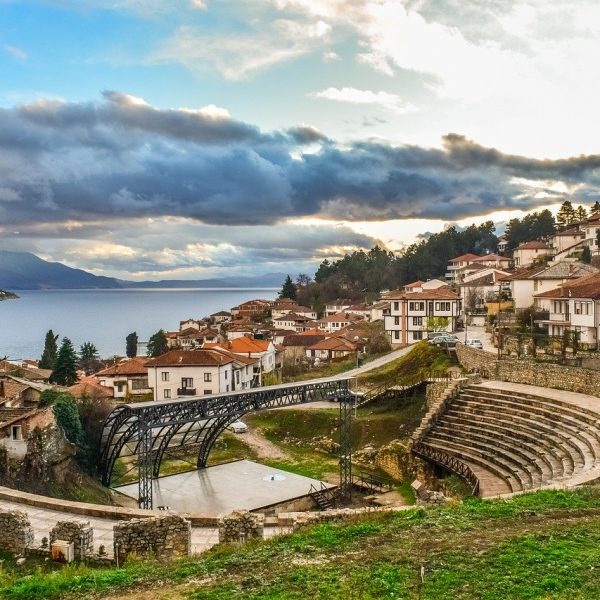
Deadline: 7 April 2023
Open to: Journalists interested in the Mediterranean Sea, Applicants can be from any country that borders the Mediterranean Sea
Benefits: 1,000 euro story grant
DESCRIPTION
Today, with the total population of the Mediterranean countries estimated at around 512 million, and set to grow by another 180 million by 2050, the once abundant Mediterranean sea is at the center of an overfishing crisis. Increased fishing capacity has ultimately placed these waters under unsustainable pressure, leading to recent estimates that over 87% of assessed Mediterranean fish stocks are overfished. The decline of the overall health of the Med sea is disrupting the robustness of ecosystems, with an increasing number of Vulnerable Marine Ecosystems being put forward for regional protection to try to safeguard some of the legacies of the Med for future generations to enjoy.
Despite the startling statistics which have become synonymous with the Med crisis, not enough information is either being made available or easily accessible, resulting in a public that is largely unaware of the scale of the unfolding crisis. EJN is seeking to support journalists interested in learning more about these issues and wishing to report on them.
Launched in March 2022, the Mediterranean Media Initiative aims to build the capacity of journalists to produce independent reports on the current state of the Mediterranean Sea, cover solutions-based approaches proposed through technology and citizen-led innovations and investigate criminality and corruption which is either transboundary in nature or within national waters.
Stories focused on the following themes are welcome:
- Biodiversity loss in the Mediterranean Sea
- Endangered marine species
- Marine protected areas
- Marine pollution
- The deep sea
- Illegal and destructive fishing
- Destructive impact of bottom trawling
- Destructive fishing practices (trawling, nets, dynamite)
- Overfishing of species such as blackspot seabreams, European hake, blue and red shrimp, deep-water rose shrimp, sardines, anchovies, sardinellas, red mullets, Black Sea turbots, European eels and common dolphinfish as well as the impact of incidental catch of vulnerable species including sharks, seabirds and sea turtles
ELIGIBILITY
Applicants can be from any country that borders the Mediterranean Sea.
Groups of journalists are eligible; however, the application must be made in the name of one lead applicant. Lead applicants are responsible for communicating with EJN and receiving funds on the group’s behalf, if awarded.
For the purposes of this grant opportunity, applications will only be accepted in English or French. Unfortunately, other languages will not be at the capacity to be considered at this time. Applicants must either have a working understanding of English and French or have a translator available to assist with communication with Internews staff.
Applications are open to journalists working in any medium (online, print, television, radio) and other expert media practitioners with professional reporting experience. Applications from early-career journalists and experienced reporters with a track record of environmental issues are welcome. Applications from freelance reporters and staff from all types of media organizations – international, national, local and community-based are encouraged to apply.
*EJN reserves the right to disqualify applicants from consideration if they have been found to have engaged in unethical or improper professional conduct.
Story Logistics
Grants are planned to be awarded at the end of April 2023 with the expectation that all stories will be published by July 15, 2023 at the latest. Applicants should consider this timeline when drafting their workplan.
Safety: Reporters are encouraged to follow best practices for Covid-19 when out in the field so they do not endanger themselves or the people they’re interviewing. If needed, you should include any Covid-related costs, such as tests or personal protective equipment, in your budget.
Language of publication: Stories can be produced in any language. However, applicants who intend to write or produce stories in their local language need to also include an English translation. Please include the cost for translation in the budget, if necessary.
Story budget: All applicants are required to provide a detailed budget with justification for the amount requested using the template provided below. It is asked that the budget is reasonable and accounts for costs necessary for reporting, such as travel and accommodation. Please also note on the budget form if there will be receiving funding from any other donors for the story.
BENEFITS
Five grants with a budget of up to 1,000 Euros each are expected to be awarded. In general, applications with more modest budget requests will be viewed with more favor, so long as they include proper safety precautions.
HOW TO APPLY?
For more information, please visit the official website.


